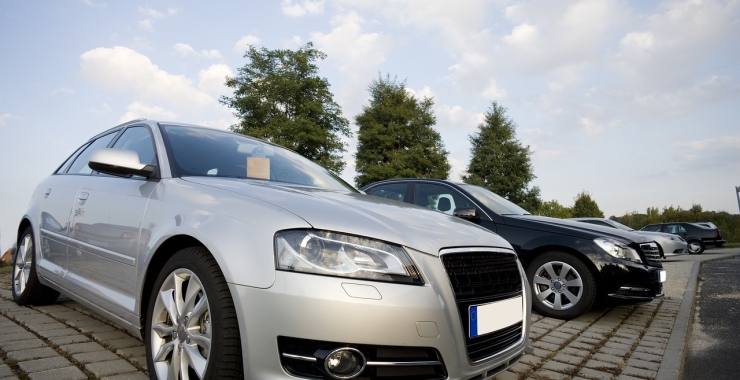Factors to Consider When Buying a Second-Hand Car
Purchasing a second-hand car can be an excellent way to save money while still acquiring a reliable vehicle. However, it’s crucial to approach the process with caution to ensure that you make a well-informed decision. Buying a second-hand car requires careful consideration of various factors to guarantee a purchase that meets your needs and provides value for your money. In this article, we will delve into the key factors you should consider when buying a used car.
Budget:
Establishing a budget is the first step in any car-buying process. Determine how much you are willing to spend on a second-hand vehicle, including the costs of insurance, taxes, registration, and potential repairs. Be realistic about your budget and stick to it, considering not only the purchase price but also the long-term ownership costs.
Vehicle History:
Before committing to a used car, gather as much information as possible about its history. Request the vehicle identification number (VIN) and run a thorough background check using online services. This will help you uncover any previous accidents, flood or fire damage, or any outstanding loans on the vehicle. A comprehensive history report is essential in ensuring that you make an informed decision.
Condition and Maintenance:
Inspecting the car’s overall condition is crucial. Look for signs of wear and tear, rust, dents, and mismatched paint, as they could indicate past accidents or poor maintenance. Pay close attention to the interior, including the seats, dashboard, and electronics, to ensure they are in good working condition. Additionally, check the service records to determine if the car has been regularly maintained and serviced.
Mileage:
The mileage of a second-hand car can provide insight into its overall wear and tear. Generally, lower mileage is desirable, but it is also important to consider how the car has been driven. A vehicle that has predominantly been used for short city commutes may have experienced more wear than one used for longer highway trips. Balancing mileage with other factors, such as maintenance history, can help assess the car’s true condition.
Vehicle Inspection:
Always insist on a professional inspection before finalizing the purchase. A certified mechanic can thoroughly assess the vehicle’s mechanical components, including the engine, transmission, brakes, suspension, and electrical systems. Their expert evaluation can identify potential issues and estimate the repair costs, providing you with negotiating power or even the opportunity to reconsider your purchase.
Test Drive:
Taking the car for a test drive is essential to evaluate its performance. Pay attention to how the vehicle handles, accelerates, and brakes. Test the various features, including the air conditioning, heating, lights, and infotainment system. A test drive provides firsthand experience and helps you determine if the car feels comfortable and suits your driving style.
Ownership and Title:
Ensure that the seller has a clear title to the vehicle. Request the necessary documents, such as the vehicle registration, ownership transfer papers, and maintenance records. Verify that the information matches the seller’s identification. Additionally, check if the car has any outstanding loans or liens, as this could complicate the ownership transfer process.
Depreciation and Resale Value:
Consider the car’s depreciation and resale value when buying used. Certain brands and models hold their value better than others, making them more desirable in the resale market. Researching the depreciation rates of different vehicles can help you make a smarter investment and potentially save money in the long run.
Warranty and After-Sales Service:
Evaluate the warranty options available for the used car. Some manufacturers offer certified pre-owned programs, which provide extended warranties and additional benefits. These programs can offer peace of mind and protect you from unexpected repair costs. Additionally, research the availability and cost of spare parts and the reputation of local mechanics for the specific make and model you are considering.
Research and Comparison:
Lastly, conduct thorough research and compare prices, features, and reliability ratings of different models and years. Numerous online resources provide valuable information and consumer reviews. Consider your specific needs, such as fuel efficiency, safety features, cargo space, and seating capacity, and prioritize accordingly. By comparing various options, you can narrow down your choices and find the best second-hand car for your requirements. Buying a second-hand car requires a thoughtful approach to ensure a satisfactory purchase. By considering factors such as budget, vehicle history, condition, mileage, inspections, and ownership details, you can make an informed decision and find a reliable vehicle that suits your needs. Don’t rush the process—thoroughly research and compare different options to make a wise investment that will serve you well in the long run.





